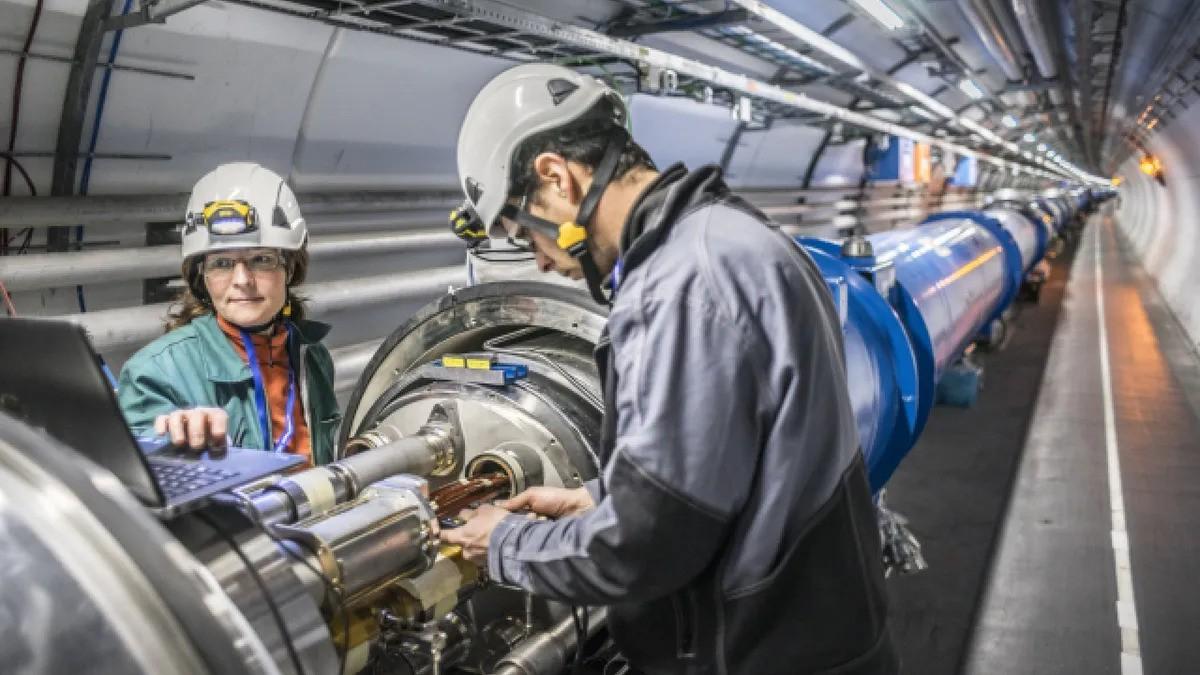CERN, a well-known research organization in Switzerland, has revealed its plans for a major new project called the Future Circular Collider (FCC). This project aims to explore particles to help us learn more about the universe.
The FCC would be much larger than the Large Hadron Collider (LHC) it replaces. It would be 91 kilometers (56 miles) around and twice as deep as the LHC. However, its £12 billion price tag has sparked debates, especially with other pressing global issues like climate change.
Some people, like Dr. Sabine Hossenfelder and Prof Sir David King, think spending so much money on the FCC might not be wise. They say there’s no guarantee it will succeed and suggest we should prioritize where we spend our money, especially with other urgent problems.
Despite these criticisms, CERN’s director general, Prof Fabiola Gianotti, strongly defends the FCC project. Gianotti believes the FCC has the potential to lead humanity to significant advancements in our understanding of the universe’s fundamental physics.
The main goal of the FCC is to study particles, particularly dark matter and dark energy, which make up about 95% of the universe but have not yet been detected. Although the LHC discovered the Higgs Boson particle in 2012, it hasn’t found these elusive particles.
The FCC project will happen in two stages. The first, planned for the mid-2040s, will involve colliding electrons. The second, starting in the 2070s, will use heavier protons and will need new advanced magnets to be developed.
While some suggest alternative designs like a linear collider, CERN is determined to go ahead with the FCC. The decision came after consulting physicists worldwide and getting feedback from member nations, including the UK, which will contribute financially.
In conclusion, the Future Circular Collider represents a huge scientific effort driven by humanity’s curiosity. Despite concerns about its cost and practicality, the FCC embodies our desire to explore and understand the universe better.

